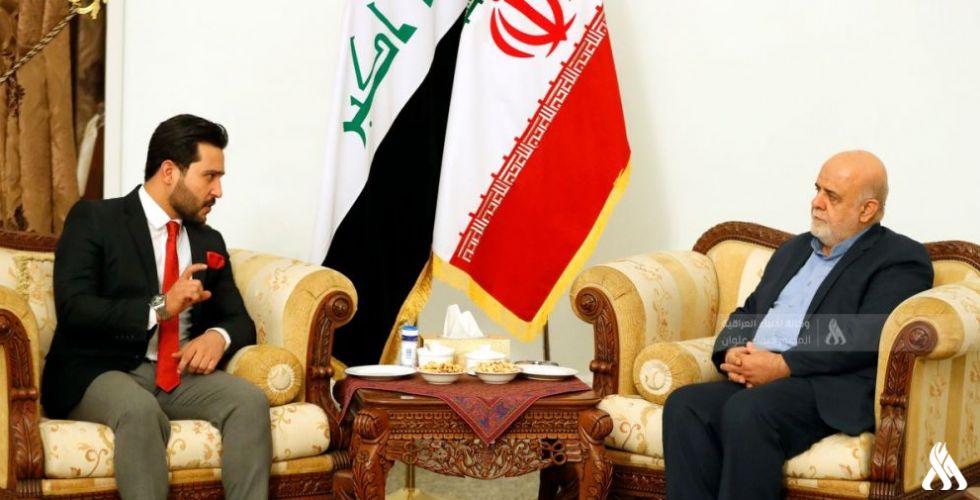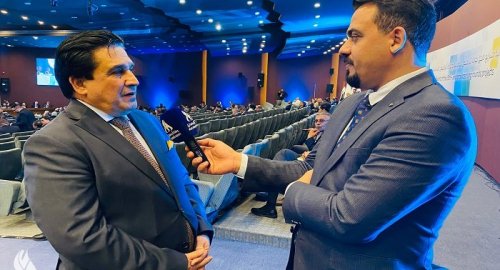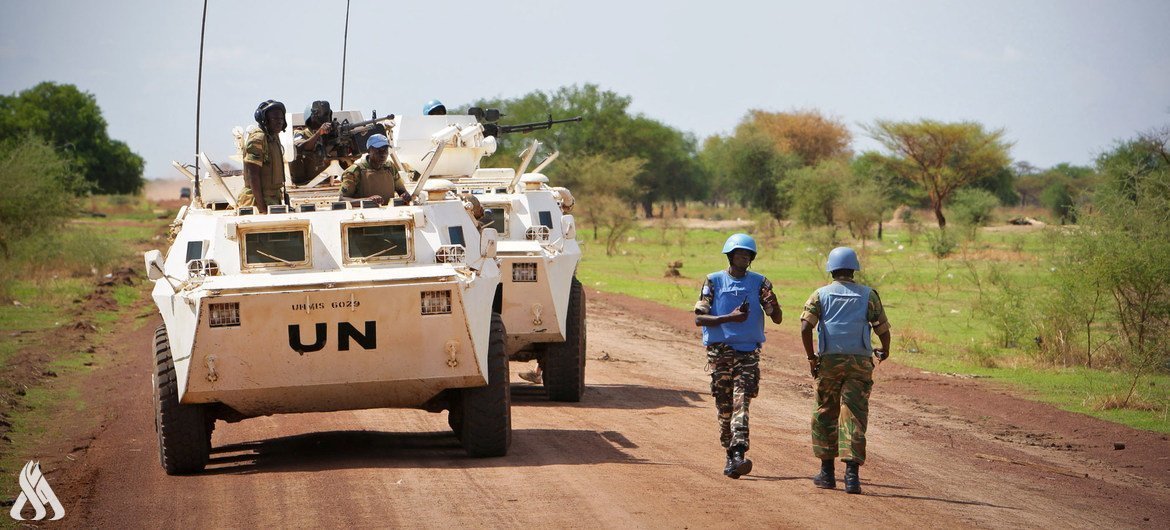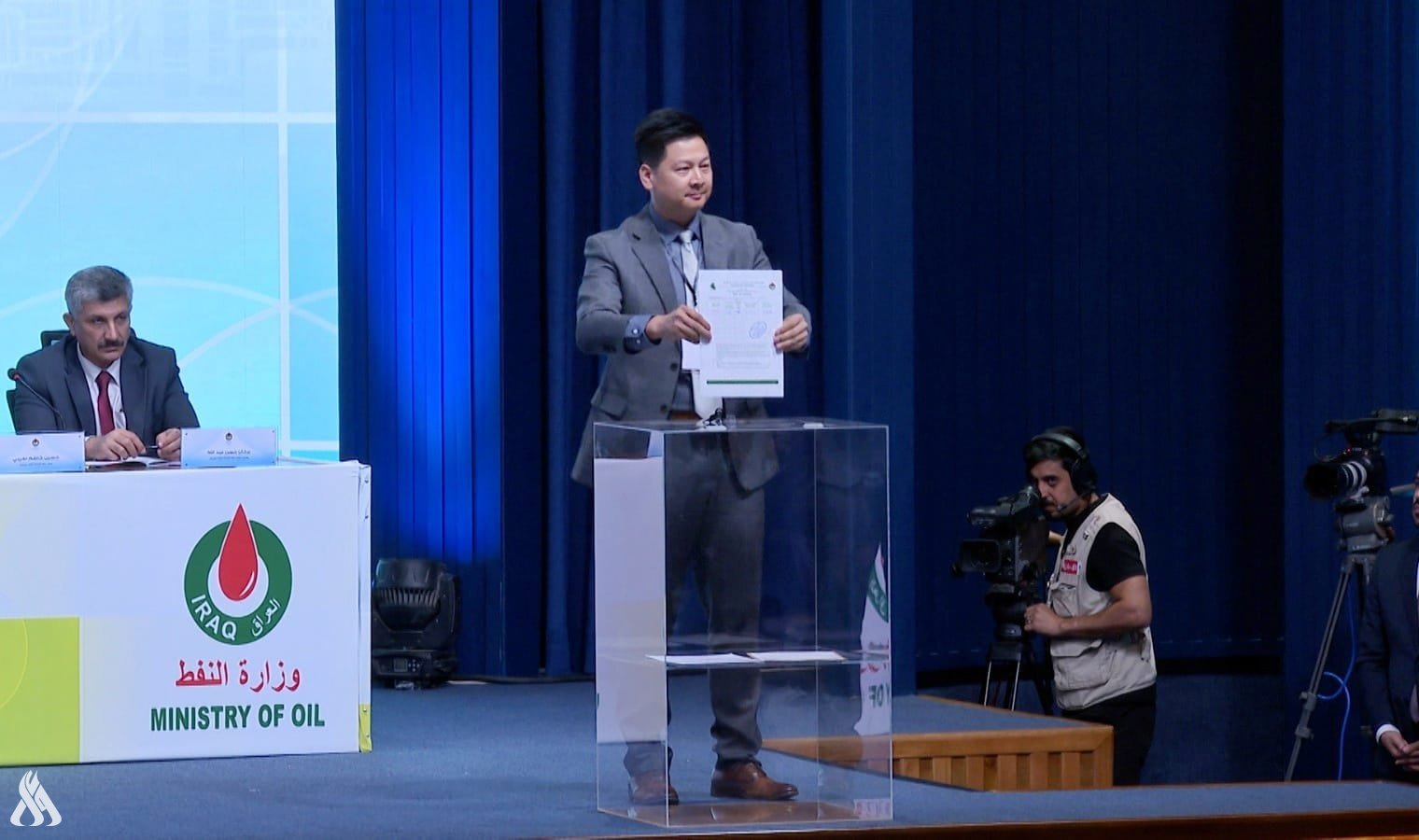
Al-Hamdani emphasizes the Iraqi efforts to transition towards green sustainable economy

- 22-03-2022, 10:11
Baghdad-INA
Minister of Water Resources Mahdi Rashid Al-Hamdani confirmed today, Tuesday, the Iraqi efforts to gradually transition to a sustainable green economy.
In his speech during World Water Forum in Dakar 2022, according to a statement by the Ministry of Water Resources (MOWR),received by the Iraqi News Agency (INA), Al-Hamdani said : "Iraq has suffered during the last decades from the effects of climate change that caused frequent drought waves at a time when the country is witnessing a decreasing in water flows from upstream countries, and all this reflected negatively on the agricultural sector, since it is the biggest consumer of water from the total domestic use, in addition to the damage to Iraq’s water facilities due to the control of ISIS gangs over them after 2014, adding that "Iraq has always sought to invite upstream countries to cooperate in the field of water management of shared rivers and to understand its water needs and the impact of diminishing water imports and the deterioration of their quality on the country's water and food security."
Al-Hamdani added," there is serious efforts to move gradually towards green, sustainable economy to achieve the objectives of the sustainable developments meet the obligations under Paris climate accord, which Iraq ratified last year, and the outcomes of Glasgow Climate Conference to confront the effects of climate change, and adhering to the international norms and laws that call for cooperation between countries to confront these challenges and maximize the principle of achieving mutual benefits, especially since Iraq is a member of the New York Framework Convention on Transboundary Waters 1997 and we are in the last steps to join the 1992 Helsinki Water Agreement".
He also pointed out, the recommendations of Baghdad 2nd international water conference emphasizes the right of downstream countries with the principle of sharing benefit and harm and bearing the joint in managing water in a manner that secures the rights of all and ensures their water and food security.
DGIS overthrows three Wanted in Baghdad and Najaf
- Security
- 01:36
PM Al-Sudani meets the Secretary-General of ANNHRI
- politics
- 12:52
11 dead after school bus collides with car, motorcycles in Indonesia
- International
- 08:58
MOT: 3 air transport lines with Riyadh, Sharjah and Beijing
- Economy
- 24/05/07
Ancelotti: Two steps ahead for Vini to win the Ballon d'Or
- Sport
- 24/05/10
UN Urges South Sudan To Withdraw Troops From Disputed Abyei Region
- International
- 24/05/08












